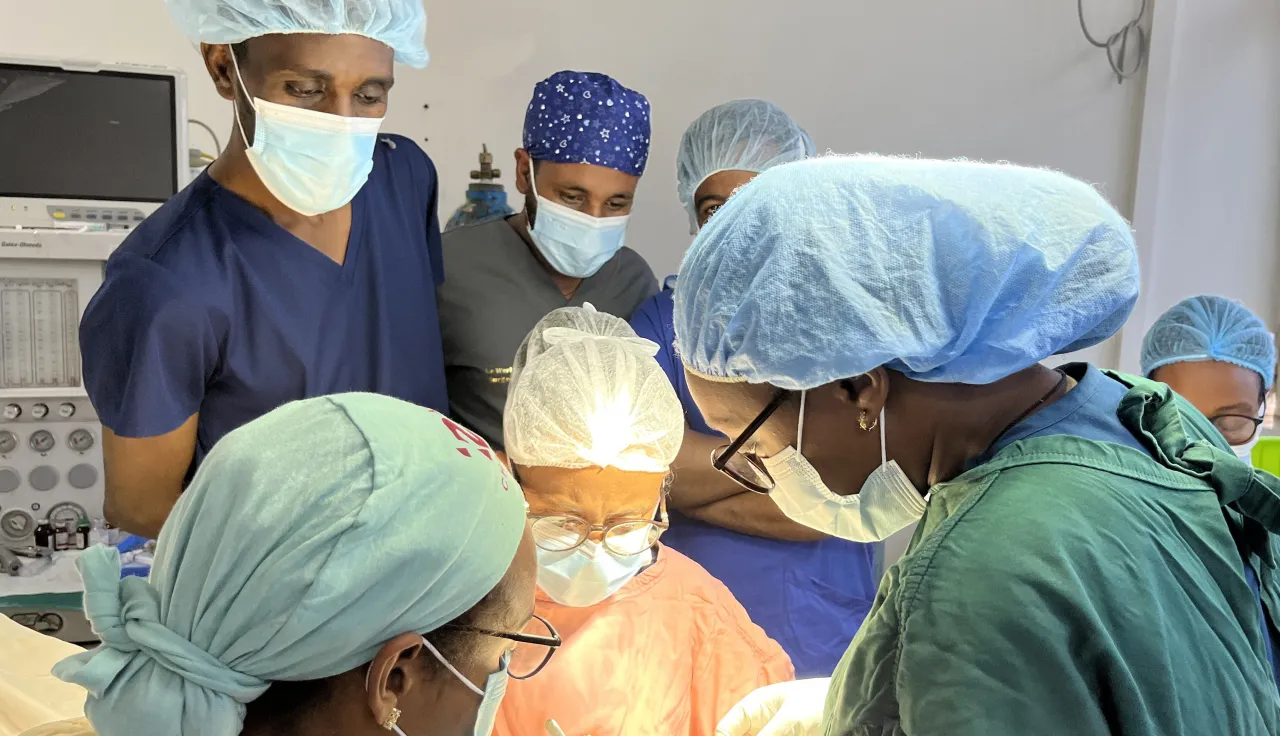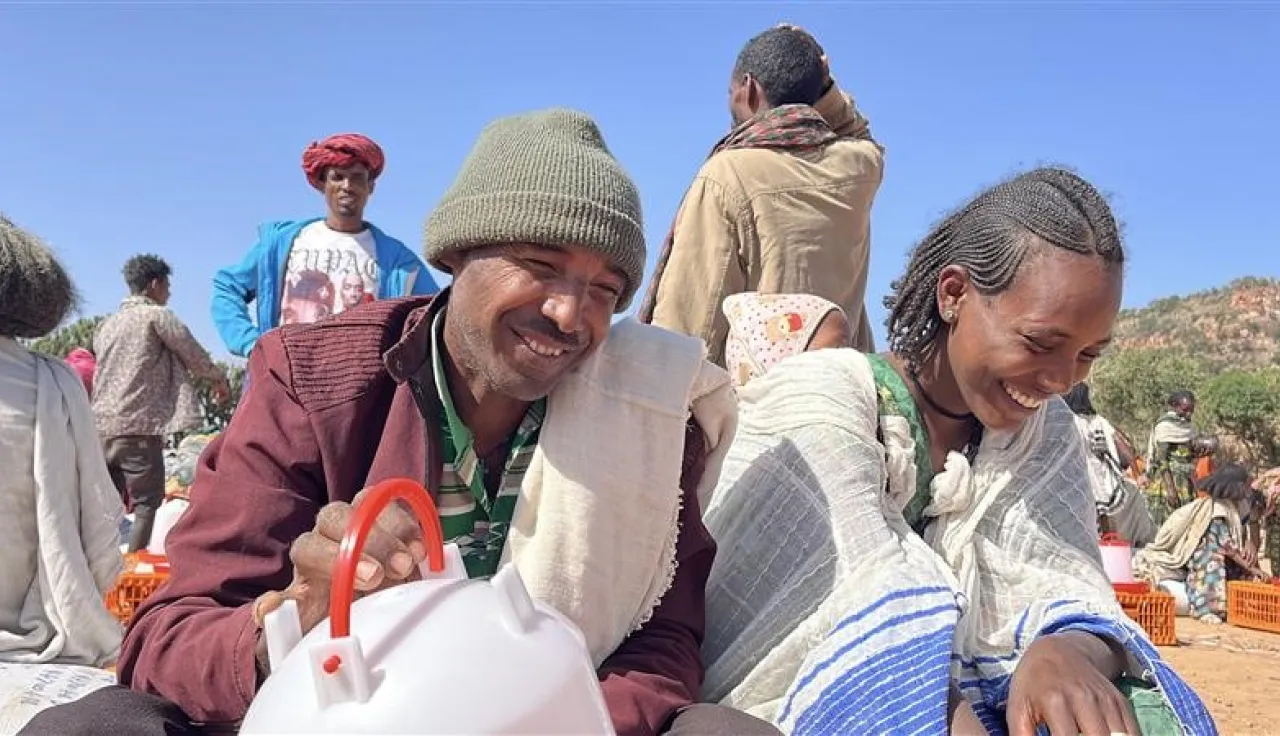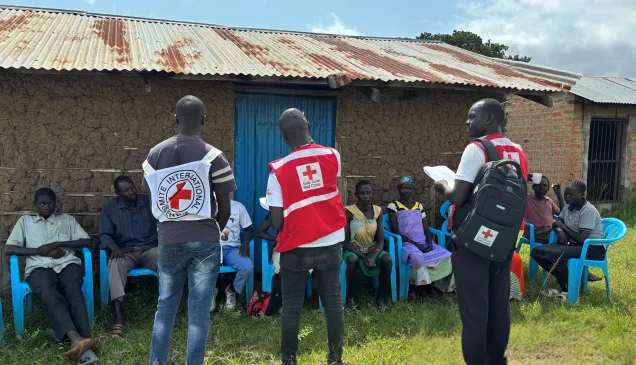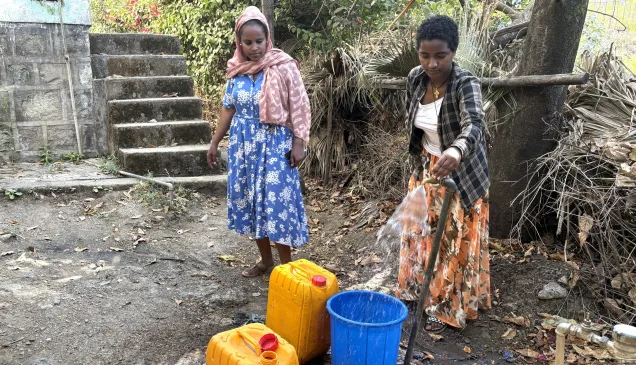Ethiopia: January to June 2025 Facts & Figures

2025 has been anything but predictable. Across the globe, conflicts are intensifying, and uncertainty has become the new normal. For humanitarian organizations, the pressure is mounting. And here in Ethiopia, the ICRC feels this every day—just as do the millions of people who continue to rely on our support.
Our presence in Ethiopia dates back nearly a century ago, in 1935, when war cast a long shadow over the country. The ICRC stepped in to offer help. Since then—and especially since establishing our permanent office in Addis Ababa in 1977—we’ve stood alongside communities affected by conflict and violence, offering not just aid, but dignity, protection, and hope.
Our Focus in Ethiopia:
In Ethiopia, our work is focused and pressing. We operate in Amhara, Oromia, and Tigray, supporting conflict-affected health services, we provide clean water, help families meet basic needs, improve conditions in places of detention, and reconnect loved ones separated by violence.
We also invest in prevention—raising awareness about the protection civilians are entitled to under international law. None of this would be possible without our close partnership with the Ethiopian Red Cross Society (ERCS) and other Movement partners. Together, we carry forward a shared mission: to ease human suffering, no matter the obstacles.




